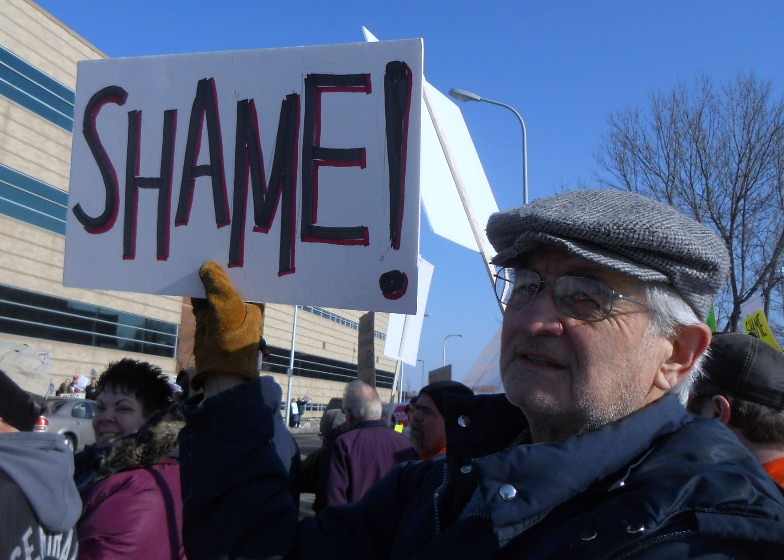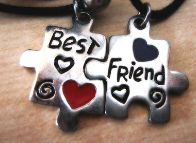I tend to find myself in uncomfortable conformations with my friends, coworkers, and even partners about my unhealthy behavior. Often about how I was disrespectful, rude, or a straight-up asshole on accident. Deep down, I don’t mean to be like that, it’s just who I am. Yet, that is where the shame starts.
Through searching ‘What to do when you realize you’re an asshole’ I have learned that I may be a shame-based person rather than guilt-based. I know YouTube isn’t the most reliable source, but hear me out momentarily. A shame-based person thinks in “I” statements; “I’m a failure, I’m a horrible person, I’m this, I’m that.” When someone experiences shame, they often feel exposed, inadequate, or unworthy. While guilt-based is more behavior-focused. It stems from specific actions rather than a judgment of one’s character. Guilt is associated with the thought, “I did something wrong,” as opposed to “I am something wrong.” Guilt can often motivate individuals to repair their wrongdoings, their relationships, or to take responsibility for their actions. I always thought that those “I” statements within me were my depression trying to bring me down or weren’t the ‘real me.’ Although that version of me isn’t the real me and what I truly believe, it wasn’t my depression that made me this way. Shame-based people tend to think that’s who they are and it’s unrecoverable, which is the opposite of true.
Through my research, I have found different ways of approaching shame and how to ‘conquer it’ if you will. Shame can be deeply exhausting or debilitating. It erodes self-esteem and leads to feelings of hopelessness and isolation. Shame-based people are more prone to mental health challenges like depression, anxiety, and even self-destructive behaviors. The weight of shame can feel all-encompassing because it affects one’s entire identity and self-perspective. To combat these feelings of hopelessness and low self-esteem, they can attend Cognitive-behavioral therapy (CBT) and do self-compassion exercises that can help people disentangle their sense of self from their mistakes. Recognizing that human beings are inherently imperfect can relieve the burden of shame and encourage a shift towards a guilt-based mindset, where wrongdoings are opportunities for growth rather than a reflection of personal worthlessness.
In conclusion, while both shame and guilt arise from a sense of wrongdoing, they process the emotional strain and psychological consequences differently. Shame-based people internalize failure as a reflection of their entire being & soul, which can have negative effects on their self-esteem and relationships. Guilt-based people, however, focus on the behavior and can use it as a springboard for personal growth and relational repair. By fostering guilt-based rather than shame-based approaches to mistakes, we can create healthier behaviors for dealing with human imperfections that we view within ourselves—learning one that values, growth, and empathy over condemnation and self-blame. Although my journey has only started, I hope to slowly shift from my destructive shame-based mindset to a guilt-based perspective. Self-reflecting is one of the biggest components of growing & evolving as a person.


























































































































